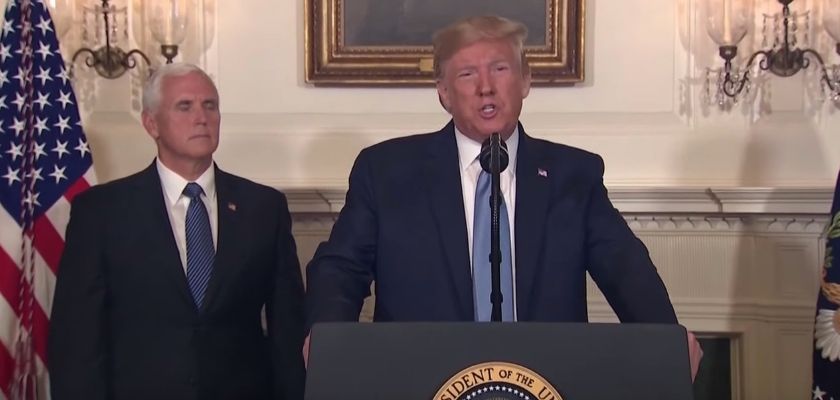The White House has invited multiple internet and tech companies to a roundtable where they’ll discuss violent online extremism. This comes after Jim Watkins, owner of the online imageboard 8chan, was called to testify before Congress yesterday in relation to allegations that the El Paso shooter posted a racist manifesto to 8chan.
The roundtable will take place this Friday and will include senior administration officials along with representatives from various tech companies. President Trump is not expected to attend and details on which tech companies will be attending.
Click here to display content from X.
Learn more in X’s privacy policy.
The meeting also follows President Trump warning of the “perils of the internet” and saying social platforms need to do more in the wake of this weekend’s El Paso and Dayton mass shootings.
After this weekend’s mass shootings, 8chan became a focus of much of the media attention due to allegations that the El Paso shooter and other mass shooters posted racist letters or manifestos to 8chan before the shootings. Watkins has denied allegations that the El Paso shooter posted a manifesto to 8chan, saying that it was posted by another user and not the shooter.
Many called for 8chan to be shut down in response to these allegations, ignoring the fact that many of the mainstream social media platforms such as Facebook and Twitter have also hosted violent and extremist content. For example, the Christchurch shooter streamed the murders on Facebook Live while Twitter hosts content for groups that have been responsible for violent attacks. And just days ago, during a Facebook Live stream, an activist called for violence against Senator Mitch McConnell outside his home.
Cloudflare’s CEO Matthew Prince, who terminated service to 8chan in the wake of these reports said that his company feels “feel incredibly uncomfortable about playing the role of content arbiter” and warned that acting in this way does “nothing to address why hateful sites fester online.”
The announcement of this roundtable comes less than a month after the White House hosted its Social Media Summit – an event that focused on tackling social media censorship.
Ironically, many of the policies that are introduced to deal with online extremist content result in more social media censorship.
For example, YouTube’s new “hate speech” rules which were introduced earlier this year are part of the company’s wider efforts to “limit the spread of violent extremist content online.” Since these rules were introduced, many YouTubers have been deplatformed or demonetized when publishing historical content, independent journalism, and more.













